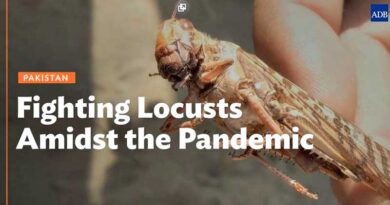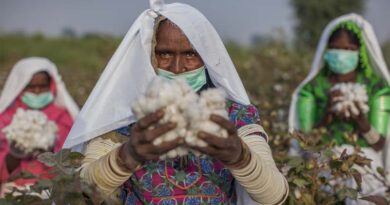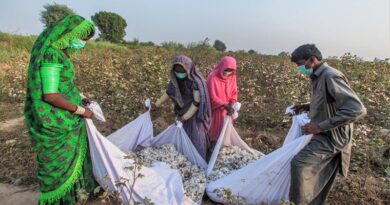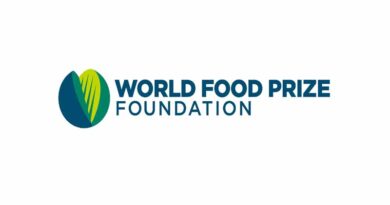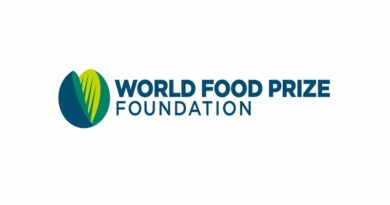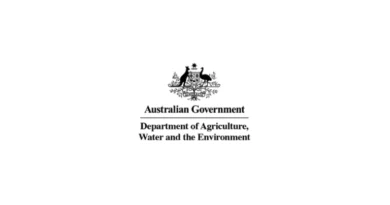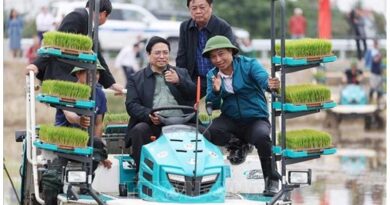CABI contributes to new research investigating impact of COVID-19 and locusts on farm households in Pakistan
20 July 2021, Pakistan: CABI scientists have played a key role in new research from the Asian Development Bank (ADB) which highlights the impact of the COVID-19 pandemic and locust invasions on farm households in the Punjab and Sindh provinces of Pakistan.
Researchers from CABI’s centre in Pakistan provided expertise and support for 839 farm household surveys – conducted by mobile phone in Punjab and Sindh – to determine how COVID-19 related measures and disruptions affected the harvesting and marketing of rabi (crops that are sown and harvested from about November to April) crops and milk, the availability and price of inputs and farmers’ financial needs.
Specifically, Dr Shakeel Ahmad, Coordinator, Development Communication and Extension, provided his expertise in how to conduct the surveys across both provinces and 429 computer-assisted mobile phone interviews were conducted for the Punjab survey by field technical support staff Zeeshan Haydar, Muhammad Umair Ashraf, Gohar Gulshan Mahmood, Muhammad Hassan, Muhammad Ameen ul Zaman, and Hamza Muneer Asam.
The study, which was carried out in June 2020, found that in both provinces one-third of farm households experienced losses in wages and nonfarm earnings and almost a quarter reported that at least one family member had returned from urban, or other areas, and needed support. Around 10% of farm households in Punjab and more than half the farm households in Sindh reported reduced food and non-food expenditures.
Punjab alone contributes about 57% of the value of agricultural production in Pakistan and produces more than 70% of the country’s wheat and cotton, almost two-thirds of its sugarcane and around half of its maize. Meanwhile, Sindh has the country’s second largest cropped area at 3.6 million hectares and contributes significantly to the country’s overall agricultural production of major crops: 41% of rice, 31% of sugarcane, 21% of wheat and 15% of cotton.
Also Read: Kharif sowing in the country inches to 611 lakh hectare till now
However, the COVID-19 pandemic and locust swarms had a detrimental impact upon Punjab and Sindh’s agricultural output. For example, A report by the United Nations Office for the Coordination of Humanitarian Affairs estimated that 1.5 million people were affected by the locust infestation in Pakistan.
The Office for Coordination of Humanitarian Affairs reported that losses because of the desert locust were expected to range from $3.4 billion to $10.2 billion during the agricultural seasons in 2020 and 2021. As a result, more than 3 million people in Pakistan are facing severe acute food insecurity. An estimated 34,000 households will need emergency livelihood and food security assistance because of crop losses.
In respect of COVID-19, the ADB report highlights how farmers in both provinces cited market closures and traders’ unavailability due to movement restrictions as well as the closure of many markets and restaurants.
The demand for high-value agricultural products – such as milk and tomatoes – collapsed, resulting in low market prices. In addition, farmers faced acute problems for kharif crops (crops that are sown and harvested during the monsoon season, which lasts from about June to November) because of the limited availability and increased prices of farm inputs, particularly seeds.
Overall, the COVID-19 pandemic impacted Sindh farm households’ marketing of agriculture products more heavily than was the case in Punjab. Some farm households in Sindh also suffered from locust invasion and crop damage during the kharif season.
Although the transport and marketing of agricultural and food products was exempted from the movement restrictions and lockdowns, this working paper found the COVID-19 pandemic had negative impacts on rural households, including reduced cash non-agricultural income and difficulties with marketing agricultural products in Punjab and Sindh. In addition, they faced increased prices of agricultural inputs.
The researcher state that the findings suggest the need for better monitoring and support for agricultural marketing, supplies, and services during movement restrictions under the pandemic. As Pakistan and other countries struggle under the pandemic and prepare for recovery, they argue that it is critical to maintain normal flows of agricultural and food products in the markets to secure food availability during the pandemic.
Dr Ahmad said, “Our expertise in Development Communication and Extension in this study was invaluable in allowing the researchers to gain useful insight and analysis into the negative impact of two key drivers – namely COVID-19 and locust swarms.
“Not only are more farmers and low-income consumers, as the pandemic continues, highly vulnerable due to agricultural income losses and declining cash incomes but their situation has been compounded by locust swarms.
“Almost all respondents from upper Sindh reported locust swarms with over a third stating that they had been affected. In Punjab, locust swarms were reported in two southern districts in the surveyed areas, resulting in production losses for farmers who have already been suffering from the COVID-19 pandemic.”
Among the recommendations the report highlights that the ADB and other development partners are providing urgent responses to support government agencies – including through ADB’s knowledge and support technical assistance: Strengthening Food Security Post-COVID-19 and Locust Attacks (TA 6663-PAK, which aims to help Pakistan improve its resilience and sustainability in the food security system and agriculture sector.


